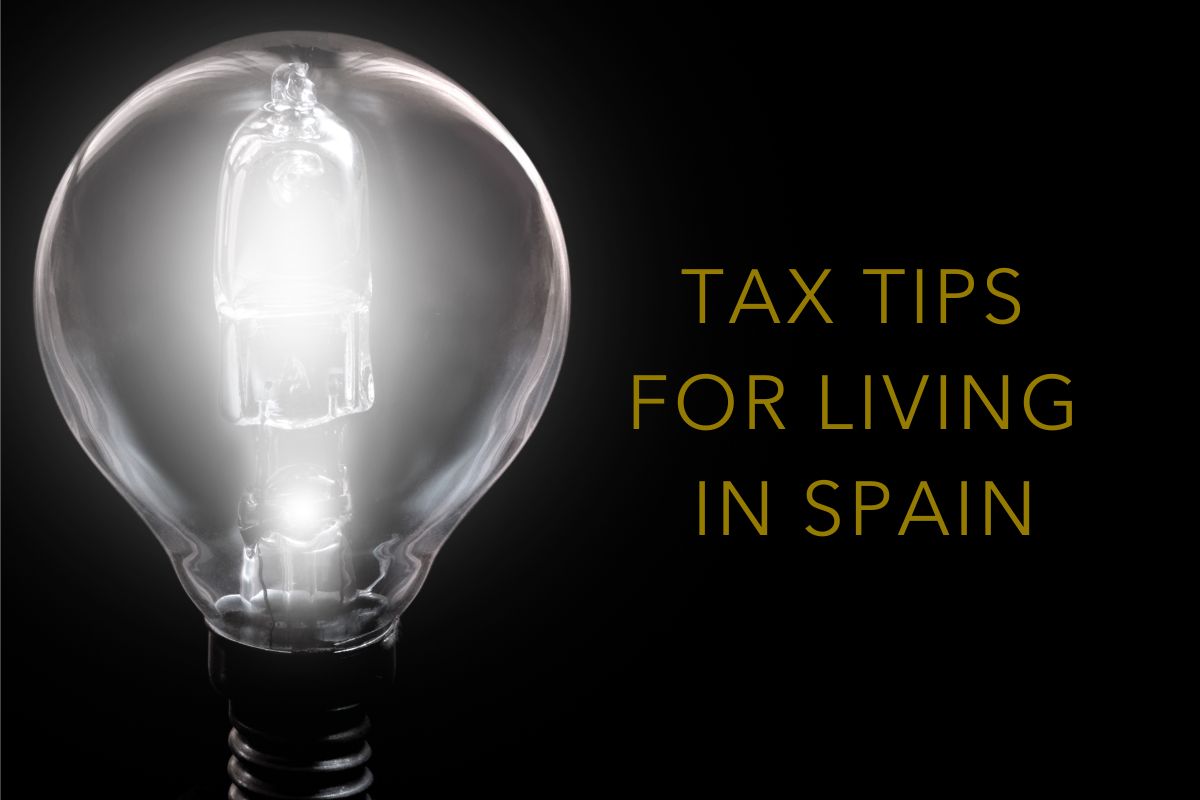[cq_vc_accordion contentcolor=”#333333″ titlecolor=”#957b00″ arrowcolor=”green”][cq_vc_accordion_item accordiontitle=”1. Evidence of sufficient economic resources to remain in the country”]The first thing to understand is that this requirement is governed by regional authorities and is very much at the discretion of local services as to whether they will accept you in their comune or not based on your evidence of income, savings, pensions etc. Rome or Milan, for example, will have very strict rules and will adhere to them rigidly. A small comune in Abruzzo, for example, might be more relaxed as they are happy to have an influx of foreign money into the area. However, it is worth checking with your local comune first to see if they have any minimum income levels for which they would need to see evidence. At the time of writing, the minimum income requirement for the Roma Capitale comune is €5.824,91pa and they would typically expect to see approximately €10,000 in savings as an emergency reserve. However, these figures can be subject to interpretation depending on who you are speaking with on any particular day! So be prepared.
Make sure you take both the original and copies of any documents with you to any meetings, including bank statements showing regular income payments, or pension statements demonstrating the amount of money you have in the fund and any regular income payments from it. Additionally, if you have any savings and/or investments then take recent statements along as well.
Remember to only present documentation that you are asked for, so as not to open a can of worms which could generate requests for additional documentation. [/cq_vc_accordion_item][cq_vc_accordion_item accordiontitle=”2. Evidence of health insurance to cover at least the first year in Italy”]This factor seems to be the one that trips most people up when making an application for residency and it comes as no surprise. The EU requirements for a change of residence clearly state that when transferring EU member state, you must have sufficient health cover provision to not be a burden on the health care system. (If you are employed then this doesn’t apply as you will be automatically enrolled in the health care system when paying social security contributions.)
The confusion derives from the following factors:
i) That all EU citizens have an emergency health card which would cover you for travel within the EU area. This is correct. In Italy it is known as the TEAM card and is link to the tessera sanitaria and in the UK it is called the EHIC. However, this card only provides temporary emergency cover for medical care during visits as a tourist in the EU area and not any longer term protection. Therefore, making an application for long term residency cannot, by definition, be covered by a short term medical provision agreement.
ii) Another assumption is that once you are resident in Italy you can apply to make a voluntary contribution to the health care system to receive full medical care (see document HERE). This is correct and the price is relatively cost effective depending on your annual total income. However, here is where a classic Catch 22 exists. You cannot register for and pay for healthcare in Italy until you have residency and you cannot have residency until you can demonstrate that you have adequate medical insurance cover in place. Therefore, an interim arrangement is needed as per point iii) below:
iii) It is assumed that a health care insurance needs to be a full provision medical insurance policy, e.g. Bupa. This is not the case and could cost thousands for full medical care benefits which are not needed for the purposes of making a residency application. In fact, we need to refer, once again, to the EU rules regarding residency. The rules state that if you are not working and have sufficient economic resources to live on then you need to provide yourself with the equivalent S1 reciprocal agreement on healthcare for retired member state citizens, until such time as you are eligible for the S1 or have alternative arrangements, e.g. annual voluntary payment into the Italian health service.
To resolve this you need to take an insurance policy on a one year renewable basis, which is acceptable for the purposes of obtaining residency and that can be cancelled from the second year in the case that you can make the application for the annual voluntary payment.
Speak with a good insurance agent and ask for cover for the codes: E106, E109, E120 and E121. These are the specific codes which need to be covered for insurance purposes. However, it would be sensible to ask the insurance agent to check with your local comune in the case that they have additional regional or local provisions that they would also want to cover. My advice has always been to stick to one of the main insurance companies in Italy rather than going through smaller companies. The main players would be Generali, Zurich, Allianz, Groupama and UnipolSai, as examples. A policy of this nature may cost a few hundred instead of a few thousand depending on your age and pre-existing health conditions. [/cq_vc_accordion_item][cq_vc_accordion_item accordiontitle=”My tips for a better residency application”]In addition to the above, here are a couple of tips which you might find useful.
An email pec
You might be thinking, what is an email pec? It actually stands for Posta Elettronica Certificata and I find it is one of the most useful things to have in Italy. A few years ago the government introduced legislation to allow electronic communication between individuals and municipal offices/agencies, police and also companies. However, they rightly had suspicions about the efficacy of traditional email channels because of the inability to confirm the identity of the individual sending the email. Enter: pec email.
Pec email is an email account that can be opened for about €30pa with a lot of service providers and during the opening process you are required to provide identification (copy of passport and/or ID card) to clear a security check. Once passed, the account is opened and you will be able to communicate freely with most official offices. Any email you send is certified as having been sent from you, but in addition you receive a receipt when the email has been received and accepted by the receiving party.
This is useful in many ways, but specifically with regards to residency it does mean that you can submit an application to your comune by sending all the necessary information via the pec email. (Check the comune website for their specific email pec to which you can send documents). For instance, if you are unable to return to Italy, for whatever reason, and want to submit your application before Brexit date, then it can be done via pec email.
Residency applications will be backdated to the date which you officially submitted the application (with correct documentation), so for any applications submitted by pec, or in person, before Brexit date, but then formally approved afterwards, you ‘should’ be granted residency from the moment of application.
You will also find an email pec useful if you have to submit documentation to the police, other government agencies and even some companies. For the cost of approx €30pa I think it’s worth it, although responses to your emails will be few and far between and any follow up may need to be done in person or on the phone. Expect to do some follow-up![/cq_vc_accordion_item][/cq_vc_accordion]


















